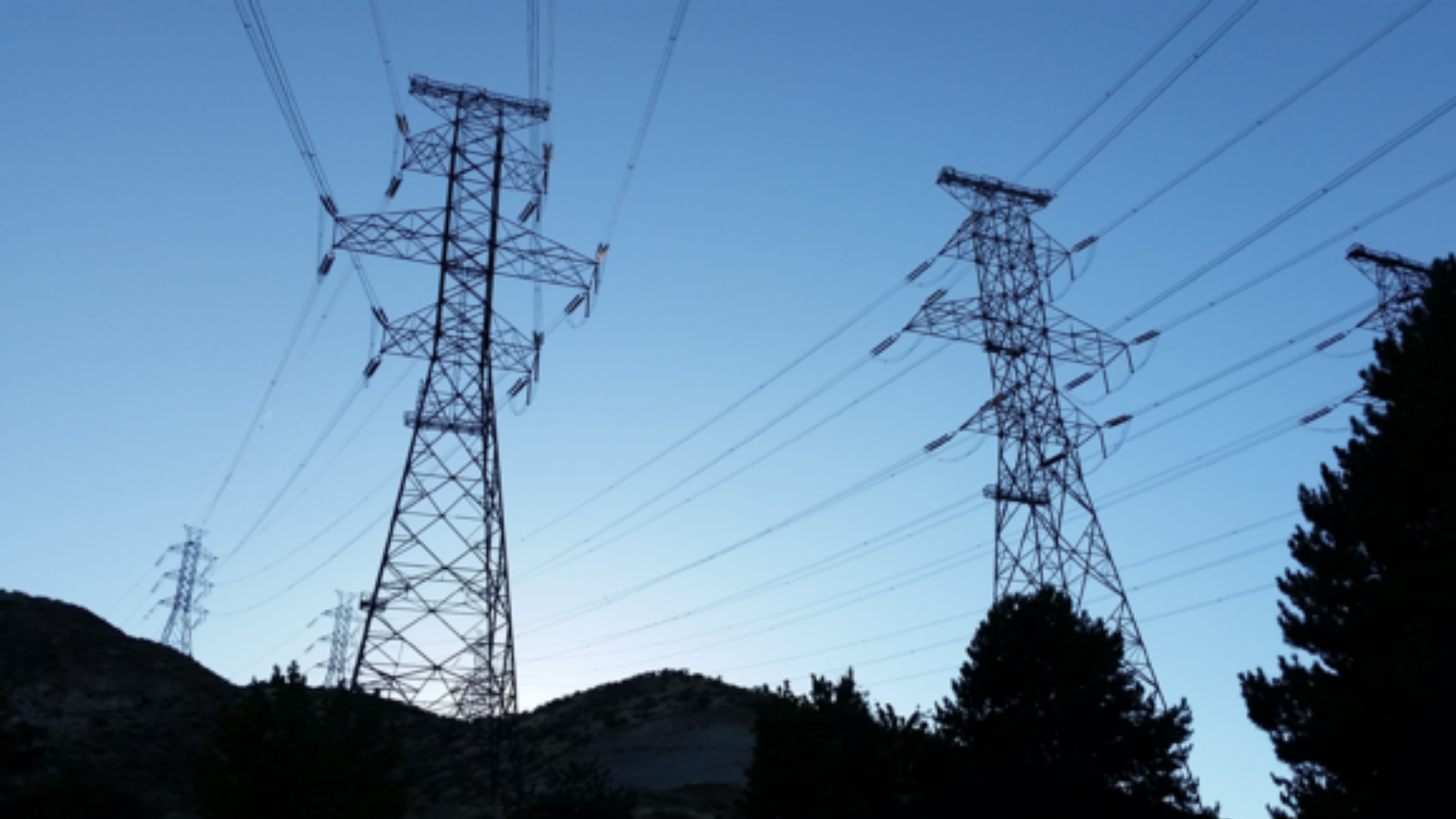
Challenging Nuclear Power in the States
Policy and Organizing Tools for Slowing the “Nuclear Renaissance”
Capitalizing on rising energy prices, growing concern about global warming, and a favorable political climate, the nuclear industry is working to achieve a “nuclear renaissance.” After 30 years without a single new order for a nuclear power plant in the U.S., several companies are now in the early stages of proposing new nuclear power plants. Meanwhile, federal officials have begun routinely approving requests to run existing nuclear plants harder and longer than ever.
Downloads
CALPIRG Education Fund
Executive Summary
Capitalizing on rising energy prices, growing concern about global warming, and a favorable political climate, the nuclear industry is working to achieve a “nuclear renaissance.” After 30 years without a single new order for a nuclear power plant in the U.S., several companies are now in the early stages of proposing new nuclear power plants. Meanwhile, federal officials have begun routinely approving requests to run existing nuclear plants harder and longer than ever.
A “nuclear renaissance” would be a bad deal for American consumers, the environment, public safety and national security. Nuclear power is an expensive and risky way to address global warming—especially when compared to alternatives such as improved energy efficiency and the expansion of renewable energy production. Moreover, the nuclear industry’s shoddy safety record and insufficient response to the growing threat of terrorism suggest that new nuclear power plants—or the continued operation of aging plants—could cause more problems than they solve.
Citizens who attempt to raise these concerns about nuclear power face increasing difficulty in getting their voices heard. The Nuclear Regulatory Commission’s (NRC) relicensing and new reactor licensing processes are essentially of the nuclear industry’s own design. For example, the NRC’s relicensing procedures for existing plants forbid the consideration of the adequacy of evacuation plans in determining whether a plant should be allowed to continue to operate for another 20 years. In addition, the U.S. Congress and the Bush administration have staked out an aggressively pro-nuclear stance, providing billions of dollars of additional taxpayer subsidies to the nuclear industry through the Energy Policy Act enacted in 2005.
Citizens concerned about nuclear power do have other forums in which to raise their concerns: local and state governments. While the power to license and regulate the operation of nuclear power plants is exclusively in the hands of the federal government, state governments have many opportunities to influence whether, when and how nuclear power plants may operate.
Among these opportunities are the following:
Legislative Moratoriums
• At least six states—California, Kentucky, Montana, Maine, Oregon and Wisconsin—have placed conditional bans on the construction of new nuclear power plants. Most of the moratoriums expire when and if a permanent solution for the storage of nuclear waste is discovered.
Environmental and Land Use Permitting
• Nuclear power plants are copious consumers of water. Plants using “once-through” cooling systems have a massive impact on the environment— trapping fish and other marine animals in their intakes and changing the temperature of local waterways through the discharge of heated water. The Clean Water Act provides states with the opportunity to require that nuclear power plants use cooling systems that are more protective of waterways and wildlife.
• States also regulate the use of land, particularly in the coastal zone, where federal actions (including the licensing of nuclear power plants) must be consistent with states’ coastal zone plans.
Energy Facility Siting
• In most states, energy facility siting boards determine whether power plants may be built in a particular location. In addition to considerations such as environmental impact, these boards often consider whether a given power plant is needed and sometimes whether other alternatives can serve local energy needs at a lower cost.
Public Utilities Commissions (PUCs)
• PUCs and their equivalents regulate the electric industry in the states. In states with traditional regulatory structures, PUCs pass judgment on whether a power plant is needed to serve local energy demand, whether it is a reasonable expenditure of ratepayer dollars, and how a utility may recover construction funds from ratepayers. These decisions effectively determine whether a regulated utility can build a nuclear power plant.
• PUCs in states that have “restructured” their electric industries can shape the power purchasing practices of utilities that distribute power to consumers in order to protect consumers from excessive risk. California’s PUC, for example, requires utilities to prioritize energy efficiency and renewable sources of energy over new fossil fuel power plants in planning to serve these customers.
• PUCs and regional bodies also engage in planning for the future of the power grid and set policies regarding how alternative sources of energy—such as renewable energy and distributed generation—will be treated in the marketplace. Policies that treat renewable energy and other alternatives fairly, and that factor in the true costs of nuclear power, can reduce the attractiveness of nuclear power plants as an energy source.
Energy Policy
• State governments have the power to establish energy policies that serve their citizens’ needs. Renewable energy standards, efficiency standards for appliances, financial support for energy efficiency and renewables, and other clean energy policies can reduce the demand for power from new sources and allow for the shutdown of existing nuclear power plants without economic disruption.
Climate Policy and Market-Based Environmental Regulation
• The nuclear industry has pushed to allow nuclear power plants to obtain credits under a variety of state-administered, market-based programs designed to reduce air pollution and global warming emissions. These credits represent a financial windfall to the nuclear industry and should be opposed on the grounds that technologies like nuclear power that have major environmental impacts should not benefit from environmental programs.
Organizing Opportunities
• Citizens seeking to challenge nuclear power also can direct their efforts at nuclear power companies themselves, using tools such as shareholder resolutions, organizing of power consumers, and publicity drives to educate the public about nuclear power and build broader coalitions around more sensible energy policies.
Topics
Find Out More


New proposed income-based fixed charges in California would devalue energy conservation

Buying LED bulbs: What to look for

